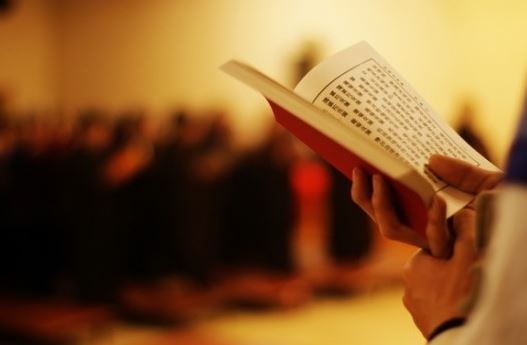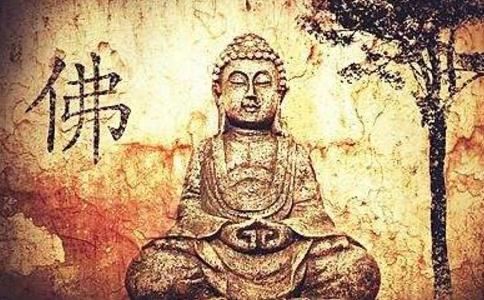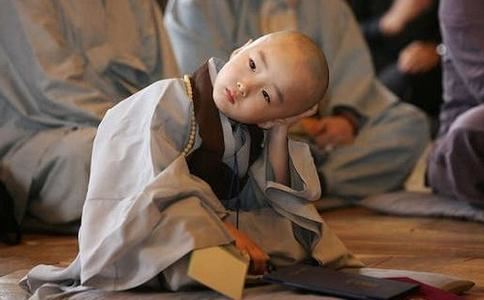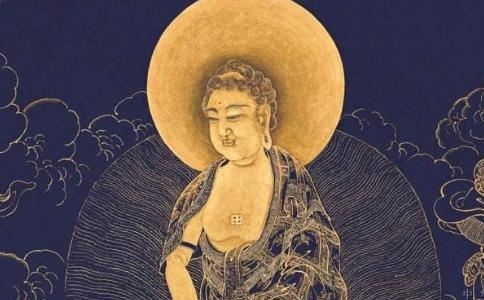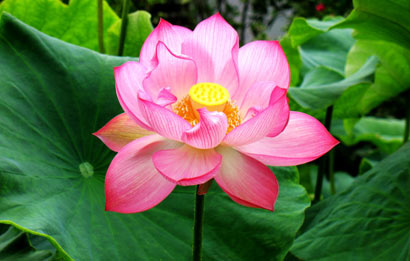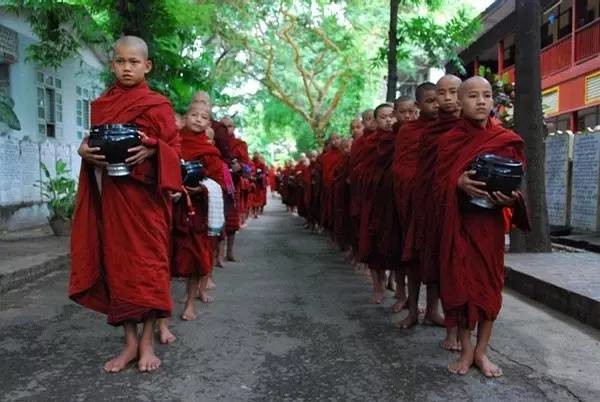Layman Mingru: The basic characteristics of good and evil
2015-01-26 Dade layman
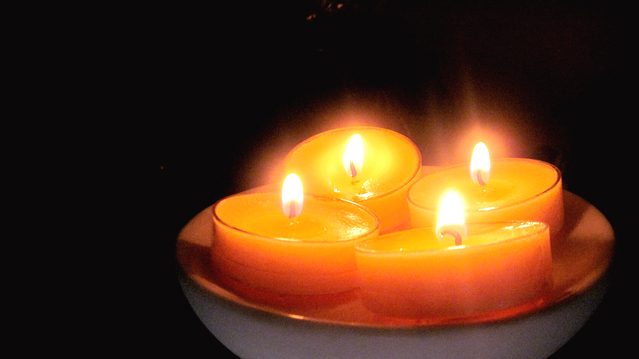
All living beings in the world are busy and pursuing happiness, but what they get in the end is nothing more than unforgettable pain. What is the reason?The only reason is that you do not know the cause and effect and do not understand good and evil."Don't know the cause and effect" means not knowing the truth that "no good and good are the only way to bring good and evil, and the reward of good and evil is like a shadow following the body";"Don't understand good and evil" means that although you know that "fortune and good are caused by good and evil in your heart", you are either confused and ignorant in your heart, or you are confused and confused, believing good as evil, and be good as good, or even though you have knowledge, you are hesitant in your heart and unable to choose good or evil.
Therefore, if you don’t understand good and evil in your heart, even if you are busy and hard, you will only get pain in the end.A wise man should temporarily stop the so-called "busy affairs" in his hands and spend time carefully thinking about "what is good and what is evil". Only by deeply understanding good and evil and choosing good and evil can hard work be meaningful, and only by getting rid of suffering and happiness can one be possible.
We know that in the future, three thoughts of body, speech and mind that will bring peace to oneself and others are called good;In the future, three thoughts of body, speech and mind that will bring pain to oneself and others are called evil.It is far from enough to just know the definition of good and evil. We also need to observe good and evil from multiple perspectives.Only by having enough knowledge of good and evil can one develop faith in good and evil in one’s heart, and only by having faith can one truly choose good and evil.
What kind of thoughts will cause pain to oneself and others?What kind of thoughts will bring peace to oneself and others?In other words, what kind of thought is evil and what kind of thought is good?The saints from ancient times to the present agree that the thought of only thinking about their temporary happiness is evil;The thought of not thinking about one's temporary happiness, but thinking about others' temporary and ultimate happiness is good.For example, the "Stage of the Path to Enlightenment of the Path to Enlightenment" says: "Love oneself becomes the cause of suffering, and loving oneself is the root of all good things", which means that loving oneself and only considering one's own escape from suffering and gaining happiness is evil, and the source of all suffering;Not thinking about oneself and the temporary and ultimate happiness of others is the foundation of all good.
《A case recorded in the Four Lessons of Levant-of-Life" says that in the past, several scholars visited Zen Master Zhongfeng, and they asked in confusion: "In Buddhism, it is said that 'The reward of good and evil is like a shadow', but we see: someone is kind, but his descendants are not prosperous;But someone is very evil, but his family is prosperous. It seems that the principle that the Buddha said that "the reward of good and evil is like a shadow to follow" is unreliable.”
At that time, Zen Master Zhongfeng replied to them: "All emotions have not been cleansed, and the eyes have not been opened. It is often true that good is considered evil and evil is considered good.Don’t you regret your own right and wrong, but blame the heavens for their retribution?"It means that the "self-attachment and troubles" in ordinary people's hearts cannot be purified, so it is impossible to get the correct conclusion when observing things falling into personal paranoia. Therefore, it is common to regard good as evil and refer to evil as good.Why don’t you assert that your understanding of good and evil is inverted, and complain or doubt that there are mistakes in cause and effect?
Everyone said dissatisfiedly: "Why do you say that our perception of good and evil is inverted?”So Zen Master Zhongfeng asked them to talk about the good and evil they understood in their hearts.One person said, "Swearing and beating is evil, respecting and respecting others is good."Zen Master Zhongfeng replied: "It may not be so."It means that scolding and beating people may not be evil, and respecting others may not be good. You have not grasped the essence of good and evil.One person also said, "Greedy and reckless in taking money is evil, integrity and preservation is good." Zen Master Zhongfeng also replied, "It may not be so."In this way, everyone expressed their views on good and evil, and Zen Master Zhongfeng replied, "It may not be so."
So everyone asks Zen Master Zhongfeng what is good and evil?Zen Master Zhongfeng told everyone: "It is good for people;Benefiting oneself is evil."It means that the body, speech and mind that are good for the purpose of altruism are good;The body, speech and mind that are used for selfish selfish motives is evil.
In this case, Zen Master Zhongfeng told us that the basic characteristic of evil is selfishness, and the basic characteristic of good is altruism, and we must know this.With altruistic motivation and a realistic way of observing, swearing and beating people will help others temporarily and ultimately benefit others. Then beating and scolding people is also good at this time. For example, in order to repent to the evil deeds of his disciple Milarepa and cultivate his inner patience, Master Marpa beats and scolds him, and this is actually a great good;To treat others with selfishness, it is actually to please others in order to make profits for themselves. This is evil. For example, some people in society now express respect by giving gifts to their leaders, but in fact they want to use the rights in the hands of leaders to make their leaders violate the rules recognized by everyone and seek personal gain for themselves. This is actually a great evil.Therefore, good and evil are not external, but only in the inner motivation and purpose are altruistic or self-interest.
《The Four Lessons of Life also says: "If you want to accumulate good deeds, you must never give your ears and eyes. Only from the hidden secrets of the heart and wash them silently. It is purely the heart to save the world, so it is the end;If you have a slight charm to the world, it will be a song.If it is purely a loving heart, it is the end;If you have a slight indignation in the world, it will be a song.If it is purely respectful to others, it is the end;If you have a slight sense of playing around, it is a song.All should be carefully distinguished."It means that whenever you want to accumulate good deeds, you must never just take care of other people's eyes and ears, that is, do things that make people look or sound beautiful, but should silently cleanse the selfishness that is difficult to be noticed by yourself and others from the bottom of your heart.If the motivation for doing things in your heart is to benefit others purely, it is true and good;If there is a slight desire to please others and win praise from others, it is hypocrisy.It is purely the heart of loving others, that is truth and goodness;Having a slight dissatisfaction or resentment towards others is hypocrisy.It is purely respect for others, that is truth and goodness;Having a slight sense of playing with others is hypocrisy.These subtle mental aspects of good and evil should be carefully distinguished.
Once, a senior brother asked a contemporary monk: "What is good and what is evil?"The monk replied humorously, "I am good to others and I am good to him, this is not good;If others treat me badly, I will still treat him well. This is goodness.”In fact, this sentence also reveals the true meaning of good and evil.Because others are good to me, I treat him well. If others are bad to me, I treat him badly. This is actually no essential difference from the exchange of goods in the world. The purpose is to repay or exchange for the good to others for others to be good to me, so it is not good;If others treat me badly, I will still treat him well. This is to truly do good for others without seeking my own interests. It is to be purely good for others, so it is good.
Someone is puzzled: "Others treat me well, and I treat him well, this is not considered good. Is it good to treat him badly?"This is a misunderstanding of this monk's words.To be bad to others, that is, to endanger others, of course it is evil, and there is no doubt that this is not a question;But all the parts that are good for others, which are motivated by personal self-interest cannot be considered good;It is true good to ignore personal gains and losses, relatives and distant things, whether others are useful or not to be useful to you, and to benefit others unconditionally.
Some people are puzzled: "Isn't it natural to think about yourself?In life, shouldn’t we think about our own happiness?”
From a ultimate perspective, the "I" in our hearts, or "self", is an illusion in our hearts.Just like a mentally ill patient is firmly attached to and believes that there are foreign objects in his body, he really feels as if there are foreign objects in his body. From the beginning of time, ordinary people have also firmly attached to and believe that there is a so-called "I" on his body and mind. After being attached and believed, they will illusionately feel that there is a "self".In the eyes of the saints who have eliminated the "self" of "self" that ordinary people attach to has no essential difference from the foreign objects that exist in the body that mentally ill patients attach to, so this "self" is essentially a kind of ignorance.If a person’s thoughts are for the sake of “self”, then this “ego” will be stronger and ignorance will deepen;"Ego" is the source of all pain. After the ignorance of "ego" deepens, the pain will deepen and happiness will stay away.
From a temporary perspective, that is, from the perspective of admitting that ordinary people have "I", if they want to truly benefit from this "I", they must achieve it through altruism.As stated in "The Song of Victory": "If you want to benefit yourself for a long time, it is a secret to temporarily benefiting others.” means that altruism is the best way to be self-interested.The "Two Rules and Words" says: "If you are diligent and beneficial to others, you will achieve perfection, and your wealth will be greatly favored and your virtue will be born from the benefit of others.Those who always seek self-interest can stand at a high position at the beginning, but then gradually decline, just like steep mountains and rivers falling down.Those who always make diligent and benefit others were at first a lowly slave, but then gradually reached a high position, just like a dragon soaring into the air.Fools are greedy for their own interests and can only diligently seek self-interest, but it is difficult to achieve their own interests, even if they achieve small achievements.Although wise people are also greedy for self-interest, they focus on benefiting others. If they are diligent and benefiting others, indirect self-interest will be perfect.If you want to achieve great self-interest in this life or the next life, you will be diligent and beneficial to others and be more convenient, this is the path of all Buddhas and Bodhisattvas."It can be seen that abandoning oneself and benefiting others is actually the greatest benefit to oneself.
In short, the characteristic of good is to seek benefit only, and the characteristic of evil is to seek self-interest. The wise should think deeply about this.
Excerpted from "A Brief Interpretation of the Taishang Ganying Chapter" (written by Ming Ru)
2024-02-04 21:58Related Readings
 Master Chongci replied: Please explain what the "clothes" worn by lay people when participating in Buddhist activities and the "clothes" worn by monks after they have received the Five Precepts and Bodhisattva Precepts.
Master Chongci replied: Please explain what the "clothes" worn by lay people when participating in Buddhist activities and the "clothes" worn by monks after they have received the Five Precepts and Bodhisattva Precepts.
 Master Pure Land Dharma: Envying virtuous people can be extremely sinful, and cause and effect cannot be offset by good and evil.
Master Pure Land Dharma: Envying virtuous people can be extremely sinful, and cause and effect cannot be offset by good and evil.
 Mr. Chen Shidong: Talk about tea at Qiushizhai
Mr. Chen Shidong: Talk about tea at Qiushizhai
 Master Xuanhua: How do lay Buddhists practice?Especially in the busy
Master Xuanhua: How do lay Buddhists practice?Especially in the busy
 Master Fazun Ni: The Way to Eliminate Suffering One, the Holy Truth of Suffering Two, Good and Evil
Master Fazun Ni: The Way to Eliminate Suffering One, the Holy Truth of Suffering Two, Good and Evil
 Daoqing lay Buddhist: Can you distinguish between the lunar calendar and the Gregorian calendar?
Daoqing lay Buddhist: Can you distinguish between the lunar calendar and the Gregorian calendar?
 Mr. Huang Nianzu: Rebirth is not the time of death, but the beginning of life
Mr. Huang Nianzu: Rebirth is not the time of death, but the beginning of life
 Records of the rebirth of Mr. Wang Huakun chanting Buddha's name
Records of the rebirth of Mr. Wang Huakun chanting Buddha's name
 Master Hengqiang: The healthy life of lay Buddhists
Master Hengqiang: The healthy life of lay Buddhists
 Characteristics of agarwood tree
Characteristics of agarwood tree
 Huang Bolin: Good and evil are not in conflict with each other, and a generation of holy lords go to hell
Huang Bolin: Good and evil are not in conflict with each other, and a generation of holy lords go to hell
 Mr. Zhou Anshi: The sea of desire returns to the madness
Mr. Zhou Anshi: The sea of desire returns to the madness
 Master Pure Land Dharma: There is no good or bad, good or evil, cause and effect in the pure mind.
Master Pure Land Dharma: There is no good or bad, good or evil, cause and effect in the pure mind.
 Master Pure Land Dharma: There is no good or evil in the pure mind
Master Pure Land Dharma: There is no good or evil in the pure mind
 Khenpo Dazhen: The most basic condition for preaching
Khenpo Dazhen: The most basic condition for preaching
 Master Mengsan: A new lecture on the Sutra of Good and Evil Karma (3)
Master Mengsan: A new lecture on the Sutra of Good and Evil Karma (3)
 Master Changzhen answered questions from Xichang lay Buddhist in June 2005
Master Changzhen answered questions from Xichang lay Buddhist in June 2005
 Mr. Huang Nianzu: Follow the teachings
Mr. Huang Nianzu: Follow the teachings
 The Great Treasure Dharma King of the Seventeenth Age: Give yourself time to be yourself. It is really basic and important
The Great Treasure Dharma King of the Seventeenth Age: Give yourself time to be yourself. It is really basic and important
 Old lay Buddhist Huang Nianzu: Cause and effect for three lifetimes, repent of sins and chant the Buddha's name
Old lay Buddhist Huang Nianzu: Cause and effect for three lifetimes, repent of sins and chant the Buddha's name
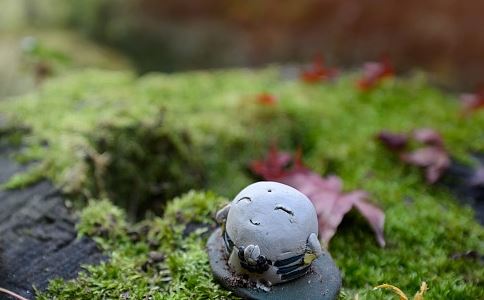 Using WeChat also has good and evil causes and effects, and having faith can cultivate blessings and increase wisdom
Using WeChat also has good and evil causes and effects, and having faith can cultivate blessings and increase wisdom
 Mr. Guohong: Police and Thieves
Mr. Guohong: Police and Thieves
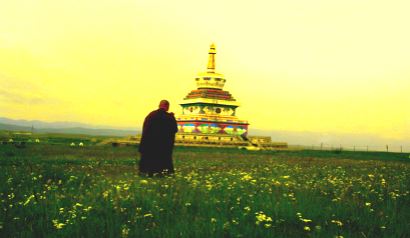 Master Xuanhua: As a lay Buddhist, you should not say this kind of mistake
Master Xuanhua: As a lay Buddhist, you should not say this kind of mistake
 Mr. Huang Nianzu: From the first to the fifteenth day of the lunar month, reciting a Buddha's name is equivalent to reciting a hundred thousand sentences!
Mr. Huang Nianzu: From the first to the fifteenth day of the lunar month, reciting a Buddha's name is equivalent to reciting a hundred thousand sentences!
 Xu Zhijing: The lay Buddhist Xu Zhijing’s chanting Buddha’s name is difficult to escape from the difficulties
Xu Zhijing: The lay Buddhist Xu Zhijing’s chanting Buddha’s name is difficult to escape from the difficulties
 In Buddhist scriptures, lay people should stay away from YIN female (JN)Instructions for
In Buddhist scriptures, lay people should stay away from YIN female (JN)Instructions for
 Mr. Minghua: Are you still telling fortunes?Do you know that fortune telling is an evil fate?
Mr. Minghua: Are you still telling fortunes?Do you know that fortune telling is an evil fate?
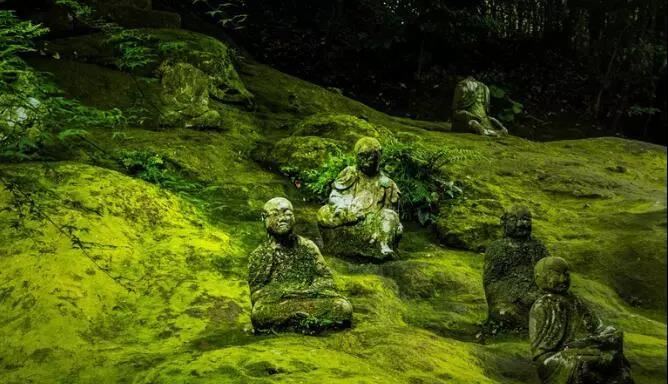 Mr. Minghua: Do you accumulate blessings or commit evil in your circle of friends?
Mr. Minghua: Do you accumulate blessings or commit evil in your circle of friends?
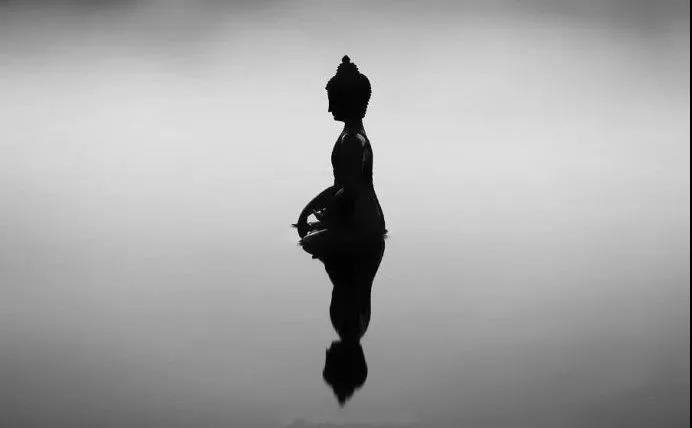 Layman Ziyun: The secret of all Tathagata's mind, the whole body, the relics, treasure box seal, the Dharani sutra (three )
Layman Ziyun: The secret of all Tathagata's mind, the whole body, the relics, treasure box seal, the Dharani sutra (three )
 Layman Ziyun: The Blessing Sutra of the Great Viagra of the Buddha (The Great Nikko )Volume 7. The first vernacular annotation of the Truth and Deeds in the Sequence of Offering
Layman Ziyun: The Blessing Sutra of the Great Viagra of the Buddha (The Great Nikko )Volume 7. The first vernacular annotation of the Truth and Deeds in the Sequence of Offering
 Mr. Zixu: The Shurangama Sutra is not a false sutra (one )
Mr. Zixu: The Shurangama Sutra is not a false sutra (one )
 Zeng Qiyun: A layman who violated the five precepts because of drinking
Zeng Qiyun: A layman who violated the five precepts because of drinking
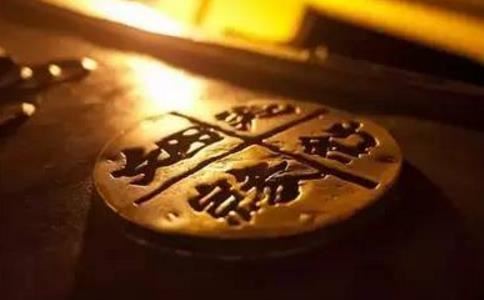 Mr. Zixu: A comment on learning Buddhism
Mr. Zixu: A comment on learning Buddhism
 Zixu Layman: The Great Buddha's Pinnacle Shurangama Sutra Volume 8
Zixu Layman: The Great Buddha's Pinnacle Shurangama Sutra Volume 8
 Buddhist Buddhist: Getting close to Buddhism Chapter 8 Treating life well
Buddhist Buddhist: Getting close to Buddhism Chapter 8 Treating life well
 Mr. Fang Lun: Lesson 32 of the Elementary Buddhist Teaching Book of Five Turbidities and Evil Worlds
Mr. Fang Lun: Lesson 32 of the Elementary Buddhist Teaching Book of Five Turbidities and Evil Worlds
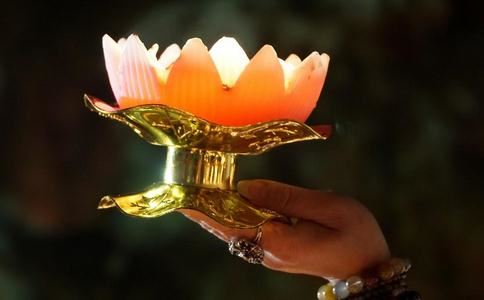 Mr. Fang Lun: Lesson 34, 37th chapter of the Tao of the Elementary Buddhist Teaching Book (one )
Mr. Fang Lun: Lesson 34, 37th chapter of the Tao of the Elementary Buddhist Teaching Book (one )
 Mr. Fang Lun: The 30th lesson of the primary Buddhist teaching book, and the world's deterioration
Mr. Fang Lun: The 30th lesson of the primary Buddhist teaching book, and the world's deterioration
 Layman Fang Lun: Intermediate Buddhist Teaching Book 33 Abhidharma-Kisha Sect (two )
Layman Fang Lun: Intermediate Buddhist Teaching Book 33 Abhidharma-Kisha Sect (two )
 Dong Qun: Dong Qun on the basic types of Zen innovation
Dong Qun: Dong Qun on the basic types of Zen innovation
 Ordinary lay Buddhists: Collection of Happy Collection (IV)
Ordinary lay Buddhists: Collection of Happy Collection (IV)
 Ordinary lay Buddhists: Collection of Happy Collection (VI)
Ordinary lay Buddhists: Collection of Happy Collection (VI)
 Advice to Mr. Peng Rulin to realize the cause and condition of enlightenment
Advice to Mr. Peng Rulin to realize the cause and condition of enlightenment
 Chen Jian: The concept of "good and evil" in the sense of Buddhist liberation
Chen Jian: The concept of "good and evil" in the sense of Buddhist liberation
 The old lay Buddhist Huang Nianzu talks about how to endure humiliation: Six Forbearances
The old lay Buddhist Huang Nianzu talks about how to endure humiliation: Six Forbearances
 Liu Jiacheng: Five Precepts to Protect Basic Human Rights
Liu Jiacheng: Five Precepts to Protect Basic Human Rights
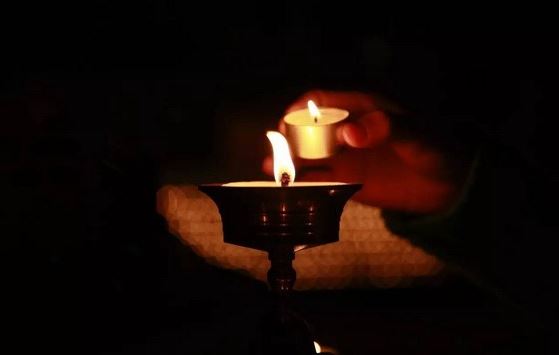 Liu Jiacheng: The basic viewpoint of Madhyamaka
Liu Jiacheng: The basic viewpoint of Madhyamaka
 Yang Weizhong: Chapter 6 Basic Doctrine of the Consciousness-Only School Section 2 "Eight Consciousness" Theory and "Consciousness-Only Without Realm"
Yang Weizhong: Chapter 6 Basic Doctrine of the Consciousness-Only School Section 2 "Eight Consciousness" Theory and "Consciousness-Only Without Realm"
 The slogans and hearers are like hungry ghosts and five hundred lay Buddhists fall into the ghost realm
The slogans and hearers are like hungry ghosts and five hundred lay Buddhists fall into the ghost realm
Do you have several major misunderstandings about lay Buddhists?
 Mr. Yichen: Meditation refers to the practice of the thirteenth stage of the preliminary practices (Down )
Mr. Yichen: Meditation refers to the practice of the thirteenth stage of the preliminary practices (Down )
 Mr. Yichen: The key to meditation is to use the thoughts of the "Lingyun Sutra" to guide the practice of meditation
Mr. Yichen: The key to meditation is to use the thoughts of the "Lingyun Sutra" to guide the practice of meditation
 Duke Wen Yang Yi's enlightenment of cause and condition
Duke Wen Yang Yi's enlightenment of cause and condition
 The cause and condition of enlightenment of Wu Weiming's enlightenment
The cause and condition of enlightenment of Wu Weiming's enlightenment
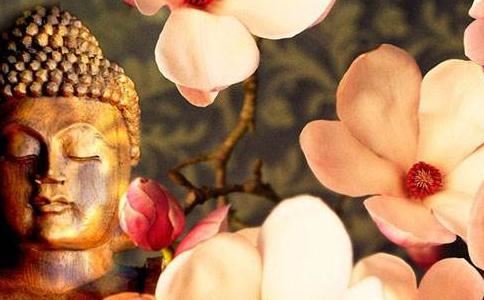 Huang Nianzu: "Gu Xiang Ji" - Excerpt from the letter (Answer C Layman)
Huang Nianzu: "Gu Xiang Ji" - Excerpt from the letter (Answer C Layman)
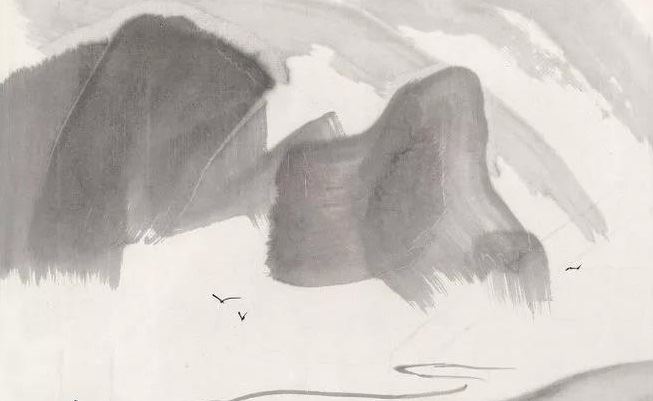 Master Fazeng: Characteristics and Power of the Holy Way 3 The Enlightenment of the Dao Fruit and the Root of the Four Sage Fruits
Master Fazeng: Characteristics and Power of the Holy Way 3 The Enlightenment of the Dao Fruit and the Root of the Four Sage Fruits
 The Secretary of the Book of State.
The Secretary of the Book of State.
 Master Fazeng: Basic Buddhism 10 Do not do any evil, and do all good
Master Fazeng: Basic Buddhism 10 Do not do any evil, and do all good
 Master Fazeng: Basic Buddhism 7 Two Good Deeds
Master Fazeng: Basic Buddhism 7 Two Good Deeds
 Venerable Mingfa: Cause and effect of good and evil
Venerable Mingfa: Cause and effect of good and evil
Are there four types of lay Buddhists who have deviant practice around you?
How should lay Buddhists accidentally break the precepts?
 Master Rihui: Basic Knowledge of Buddhism Chapter 5 Observation of Life and Death Talks about Nirvana Chapter 1 Interpretation of the Remaining of the Branches
Master Rihui: Basic Knowledge of Buddhism Chapter 5 Observation of Life and Death Talks about Nirvana Chapter 1 Interpretation of the Remaining of the Branches
 Master Rihui: Basic Knowledge of Buddhism Chapter 5 Observation of Life and Death Talks about Nirvana Chapter 3 The Way of Direct Interests and Resistance - Thirty-Seven Bodhi Partitions
Master Rihui: Basic Knowledge of Buddhism Chapter 5 Observation of Life and Death Talks about Nirvana Chapter 3 The Way of Direct Interests and Resistance - Thirty-Seven Bodhi Partitions
 Records of the rebirth of the loving mother Li Jinping
Records of the rebirth of the loving mother Li Jinping
 Master Yin Guang: Good and evil cause and effect are all inspired by one's heart
Master Yin Guang: Good and evil cause and effect are all inspired by one's heart
 Master Desen: The consequences of killing and releasing animals are revealed
Master Desen: The consequences of killing and releasing animals are revealed
 Did the Buddha ever explain the precepts of monks to lay Buddhists?
Did the Buddha ever explain the precepts of monks to lay Buddhists?
 The old Buddhist lay Buddhists chant Buddha devoutly to predict the time
The old Buddhist lay Buddhists chant Buddha devoutly to predict the time
 Master Xingyun: The good or bad fate is all related to the accumulation of virtue and virtue in one's own mind.
Master Xingyun: The good or bad fate is all related to the accumulation of virtue and virtue in one's own mind.
 Master Jiarong Doji: There is no deception in cause and effect, good and evil will always be rewarded
Master Jiarong Doji: There is no deception in cause and effect, good and evil will always be rewarded
 Master Jiqun: Looking at the basics of practice from the perspective of Zen style
Master Jiqun: Looking at the basics of practice from the perspective of Zen style
 Chapter 6 See through good and evil
Chapter 6 See through good and evil
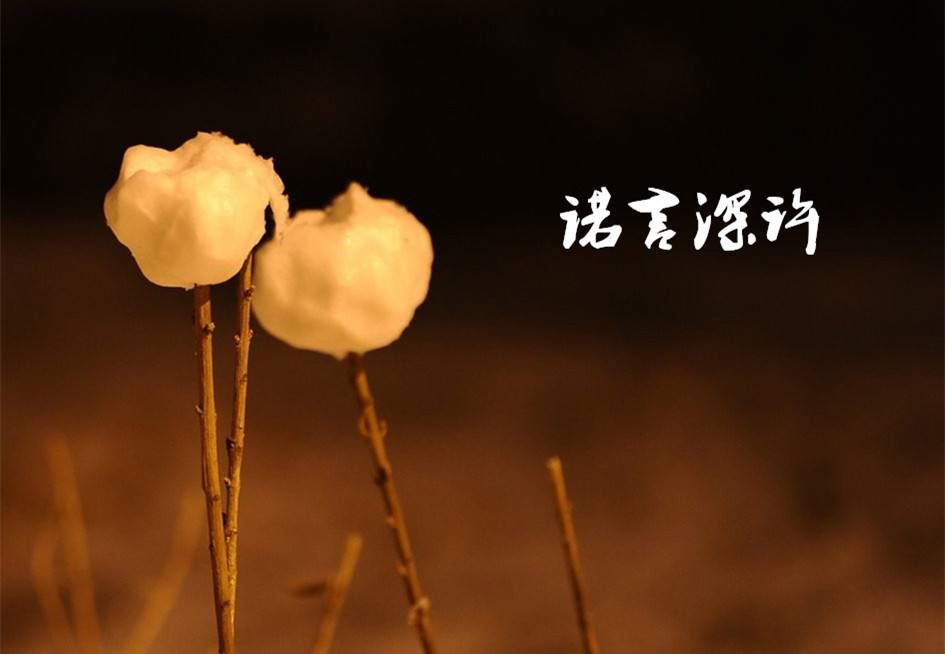 The Buddha teaches you how lay people should maintain their family
The Buddha teaches you how lay people should maintain their family
 《Diamond Sutra》 Correction of Mr. Jiang Weinong
《Diamond Sutra》 Correction of Mr. Jiang Weinong
 The treasure boat returned to the voyeur and was in danger. The layman committed suicide to save everyone. The Emperor of Heaven saved him.
The treasure boat returned to the voyeur and was in danger. The layman committed suicide to save everyone. The Emperor of Heaven saved him.
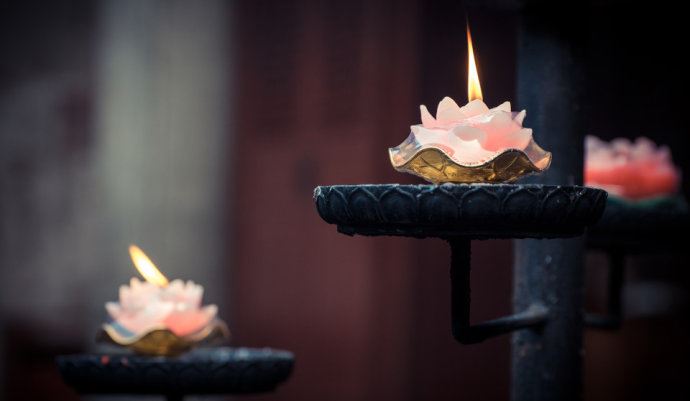 Mr. Chuanling: The disciple’s true experience has made me truly realize that cause and effect are true
Mr. Chuanling: The disciple’s true experience has made me truly realize that cause and effect are true
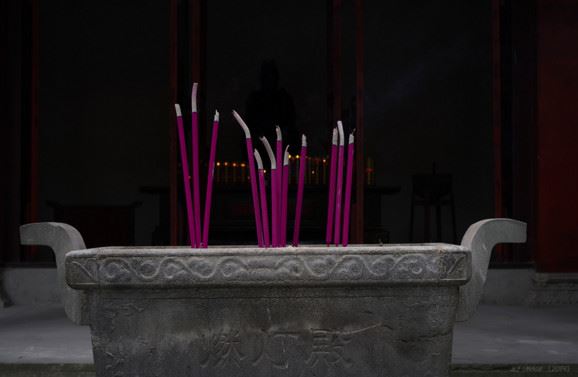 Master Lu Hang: Several basic conditions for the Buddhist family
Master Lu Hang: Several basic conditions for the Buddhist family
 The more people can achieve success, there are often these three Features!
The more people can achieve success, there are often these three Features!
 Master Da'an: Layman: How can you be happy all the time and every day?How can we eliminate the fear?
Master Da'an: Layman: How can you be happy all the time and every day?How can we eliminate the fear?
 The simplest Three Refuges Ceremony - How to Give the Three Refuges and Five Precepts Lecturers' Rites
The simplest Three Refuges Ceremony - How to Give the Three Refuges and Five Precepts Lecturers' Rites
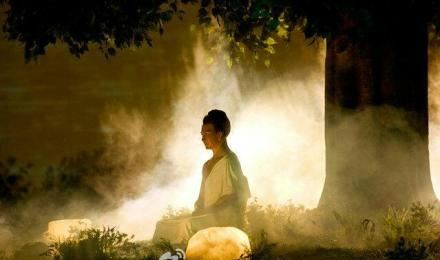 Beware of the dangers of the "knowledge obstacles" of the old lay Buddhists
Beware of the dangers of the "knowledge obstacles" of the old lay Buddhists
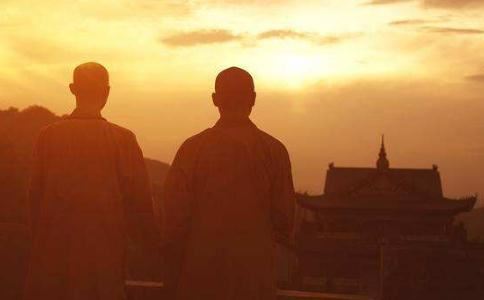 Master Yin Guang: Letter to Mr. Fang Shengyin
Master Yin Guang: Letter to Mr. Fang Shengyin
 Master Bodhidharma: The basic meaning of Bodhidharma Buddhist thoughts - Wencheng
Master Bodhidharma: The basic meaning of Bodhidharma Buddhist thoughts - Wencheng
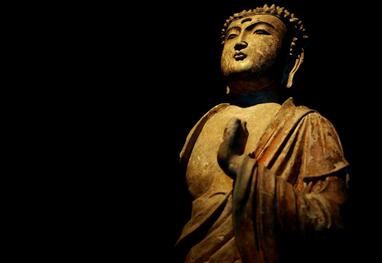 Buddhist Books: Basic Buddhism: Refuge to the Three Jewels
Buddhist Books: Basic Buddhism: Refuge to the Three Jewels
How do lay Buddhists practice in their lives?
 Common knowledge of Buddhist etiquette: Precepts and etiquette of lay Buddhists
Common knowledge of Buddhist etiquette: Precepts and etiquette of lay Buddhists
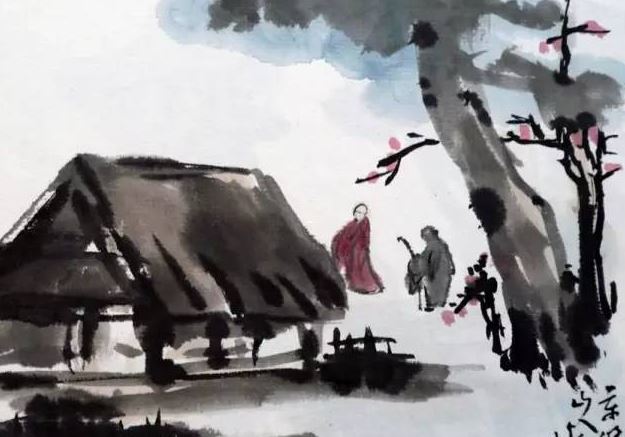 Common knowledge of Buddhist etiquette: A discussion of the rules and etiquette of lay Buddhists entering the temple
Common knowledge of Buddhist etiquette: A discussion of the rules and etiquette of lay Buddhists entering the temple
 When Mr. Chen Dahui was chanting Buddha's name at the home of Mr. Ding Jiali, 16 lines of verses appeared in front of him.
When Mr. Chen Dahui was chanting Buddha's name at the home of Mr. Ding Jiali, 16 lines of verses appeared in front of him.
 Starting from the introduction of Guanyin Bodhisattva to Mr. Zhao Yusheng, why can’t we see Buddhas and Bodhisattvas?
Starting from the introduction of Guanyin Bodhisattva to Mr. Zhao Yusheng, why can’t we see Buddhas and Bodhisattvas?
 Guide to release animals: What should lay Buddhists pay attention to when releasing animals _How do lay Buddhists release animals?
Guide to release animals: What should lay Buddhists pay attention to when releasing animals _How do lay Buddhists release animals?
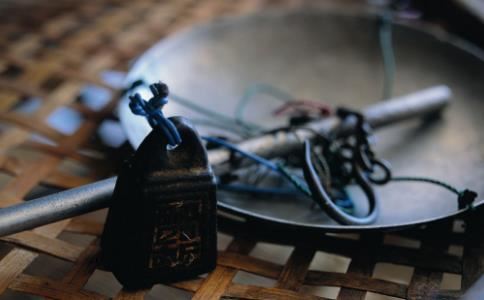 Tibetan Layman: Chapter 6 of the Record of Abuse of Sexually: Young People Please Remember the Dangers of Viciousness
Tibetan Layman: Chapter 6 of the Record of Abuse of Sexually: Young People Please Remember the Dangers of Viciousness
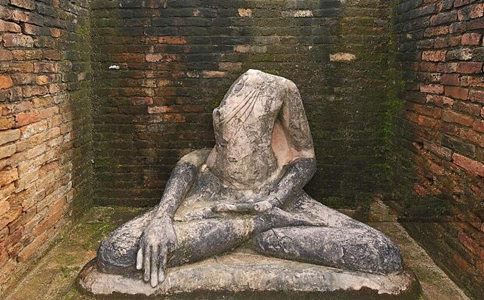 This is how King Xifan, the lay Buddhist, helped him to chant his mother to the Pure Land. --Buddhist Learning Network
This is how King Xifan, the lay Buddhist, helped him to chant his mother to the Pure Land. --Buddhist Learning Network
Complete collection of Buddhist scriptures
Share on WeChat
Scan the QR code to share on WeChat or Moments


